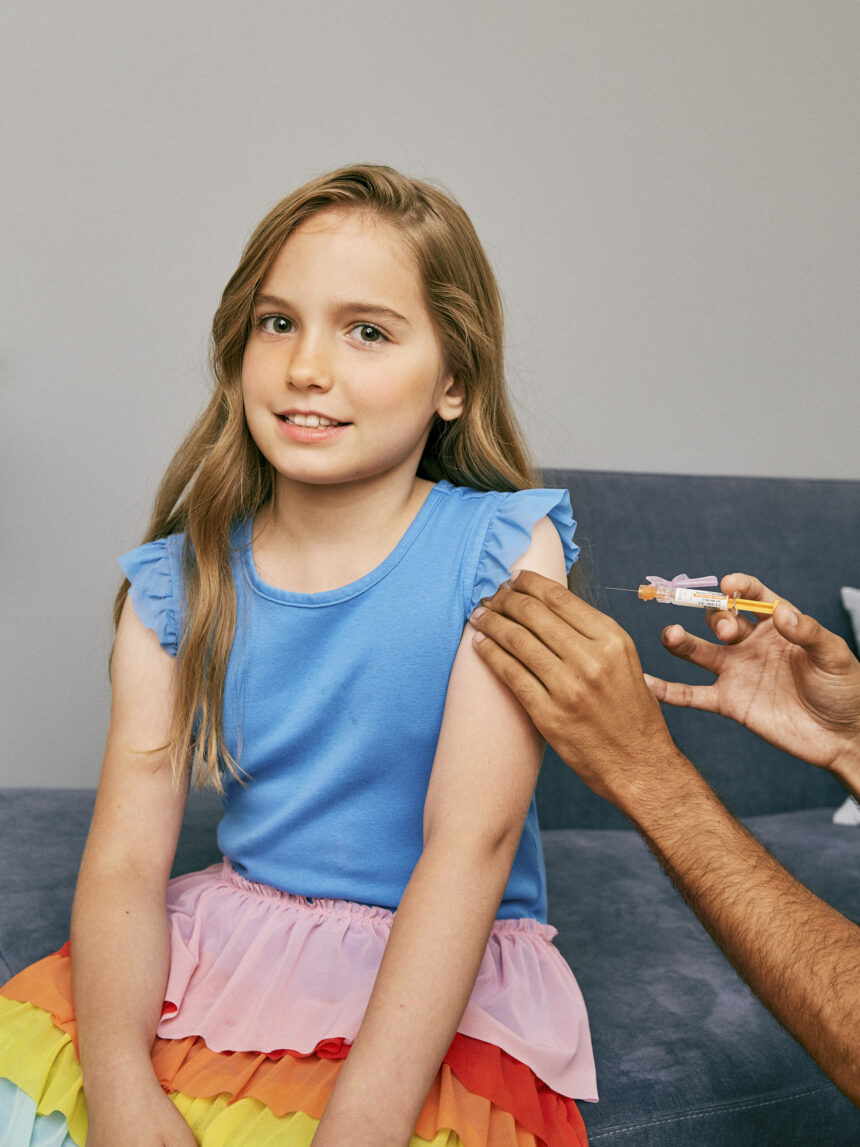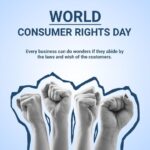National Vaccination Day 2025: 7 Powerful Reasons Why Vaccines Save Lives
Introduction
National Vaccination Day, observed annually on March 16th, is a significant day dedicated to raising awareness about the importance of vaccines in preventing diseases and protecting public health. It highlights the crucial role of immunization programs in saving millions of lives worldwide.
Vaccines have played a pivotal role in eradicating deadly diseases like polio, smallpox, and measles, making them one of the greatest achievements of modern medicine. With new health threats emerging, National Vaccination Day serves as a reminder to stay informed and vaccinated for a healthier future.
In this article, we’ll explore the history, significance, daily life impact, observance, key facts, and why vaccines are essential for a disease-free world.
History of National Vaccination Day
National Vaccination Day, also known as National Immunization Day (NID) in India, was first observed on March 16, 1995, when the first dose of the oral polio vaccine was administered as part of the Pulse Polio Immunization Program.
This initiative, led by the Government of India, aimed to eradicate polio and ensure that every child received protection against this crippling disease.
Milestones in Vaccination History:
- 1796: Dr. Edward Jenner developed the first-ever vaccine for smallpox, marking the beginning of immunization.
- 1974: The Expanded Program on Immunization (EPI) was launched by the World Health Organization (WHO) to ensure global vaccine coverage.
- 1988: The Global Polio Eradication Initiative (GPEI) was introduced, significantly reducing polio cases worldwide.
- 2014: India was declared polio-free, a milestone achieved due to mass immunization efforts.
- 2021: COVID-19 vaccination programs became one of the largest global immunization drives in history.
Today, National Vaccination Day emphasizes the importance of vaccines in controlling infectious diseases and safeguarding future generations.
Why National Vaccination Day is Important: 7 Powerful Reasons
Vaccination is one of the most cost-effective health interventions that has transformed global healthcare. Here are seven reasons why National Vaccination Day is crucial:
- Prevents Deadly Diseases – Vaccines protect against life-threatening illnesses such as polio, measles, hepatitis, and COVID-19.
- Boosts Immunity – Immunization strengthens the body’s natural defense system, reducing the risk of infections.
- Saves Millions of Lives – WHO estimates that vaccines save over 4 million lives every year worldwide.
- Reduces Healthcare Costs – Preventing diseases through vaccination is cheaper than treating infections.
- Protects Future Generations – Vaccination efforts have successfully eliminated smallpox and significantly reduced polio and measles cases.
- Promotes Herd Immunity – When a majority of people are vaccinated, it prevents disease outbreaks and protects those who cannot get vaccinated (e.g., newborns and immunocompromised individuals).
- Fights Emerging Health Threats – Vaccines help control new and evolving diseases, such as COVID-19 and influenza.
Vaccination is not just an individual responsibility—it’s a collective effort to ensure a disease-free world.
Impact of Vaccines on Daily Life
How Do Vaccines Affect Us Every Day?
Vaccines have a direct impact on our health, economy, and social well-being:
✅ Stronger Immune System – Routine immunization helps us stay healthy and fight infections effectively.
✅ Safer Travel & Social Interactions – Vaccines protect against global diseases, reducing the risk of outbreaks.
✅ Economic Growth – A healthier population leads to higher productivity and reduced medical expenses.
✅ Longer Life Expectancy – Immunized people are less likely to suffer from preventable diseases, leading to longer, healthier lives.
✅ Prevention of Epidemics – Mass vaccination programs have helped control deadly diseases like polio, smallpox, and tuberculosis.
Without vaccines, millions of people would still be vulnerable to deadly infections.
How is National Vaccination Day Observed?
On March 16th, National Vaccination Day is celebrated through various awareness programs, medical initiatives, and educational campaigns.
✔️ Free Vaccination Camps – Governments and health organizations organize immunization drives for children and adults.
✔️ Awareness Campaigns – Schools, hospitals, and NGOs conduct workshops on the importance of vaccination.
✔️ Community Outreach Programs – Health workers visit rural and remote areas to ensure vaccine access for all.
✔️ Social Media Awareness – Hashtags like #GetVaccinated, #VaccinesSaveLives, and #NationalVaccinationDay trend globally.
✔️ Medical Check-ups – Hospitals and clinics offer free health screenings to promote overall well-being.
✔️ Government Announcements – Policies are discussed to improve vaccine coverage and combat misinformation.
Participation in these activities helps spread accurate information about vaccination and encourages people to stay protected.
Interesting Facts About Vaccination
📌 India conducts one of the largest immunization programs in the world, targeting over 26 million newborns and 29 million pregnant women annually.
📌 Smallpox was completely eradicated in 1980, thanks to global vaccination efforts.
📌 The polio vaccine has saved over 18 million people from paralysis since 1988.
📌 HPV vaccines can prevent over 90% of cervical cancer cases.
📌 Herd immunity requires at least 70-90% of the population to be vaccinated to effectively stop disease spread.
Frequently Asked Questions (FAQs)
1. Why do we celebrate National Vaccination Day?
To raise awareness about the importance of vaccines, prevent diseases, and promote public health initiatives.
2. What vaccines are essential for children?
Children should receive vaccines for polio, measles, mumps, rubella (MMR), diphtheria, hepatitis B, and tetanus, among others.
3. Are vaccines safe?
Yes, vaccines undergo rigorous testing and scientific evaluation before being approved for public use.
4. What happens if vaccination rates drop?
Low vaccination rates can lead to disease outbreaks, increased mortality rates, and a public health crisis.
5. Where can I get vaccinated?
Vaccines are available at government hospitals, private clinics, and health camps organized on National Vaccination Day.
Wishing Messages for National Vaccination Day
💬 “A vaccine today ensures a healthier tomorrow. Stay protected and spread awareness!”
💬 “Vaccination is a responsibility, not a choice. Let’s make the world disease-free!”
💬 “One small shot, a lifetime of protection—celebrate National Vaccination Day with awareness!”
💬 “Protect yourself, protect others. Get vaccinated and be a part of a healthier world!”
Conclusion: Why Vaccination is More Important Than Ever
With new health threats emerging and infectious diseases still a challenge, vaccination remains one of the most powerful tools in modern medicine.
By getting vaccinated, encouraging others, and supporting immunization programs, we contribute to a healthier, safer, and disease-free world.
🔹 Get Vaccinated | Stay Healthy | Protect the Future 🔹










